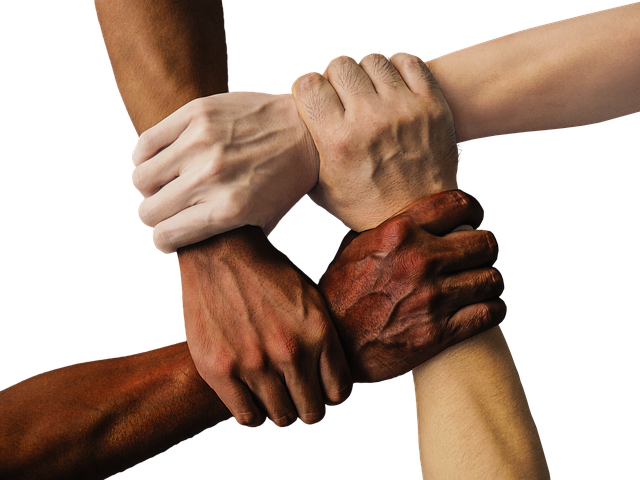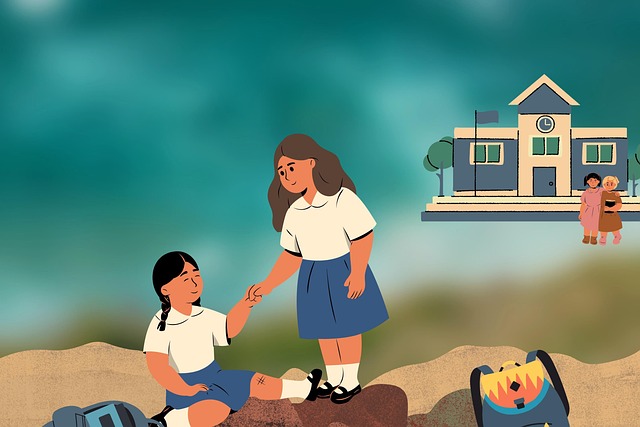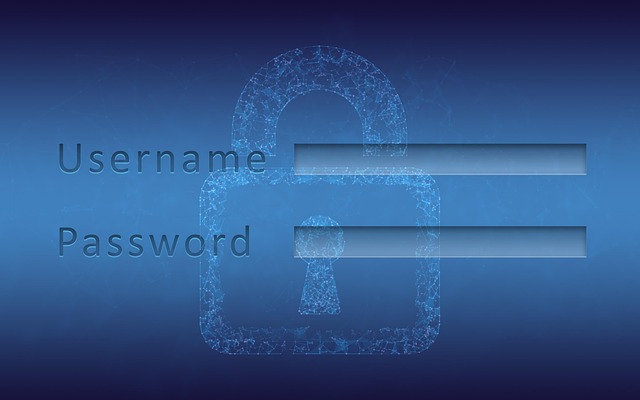Oregon residents facing legal challenges benefit from a robust network of free and low-cost legal aid services. Nonprofit organizations, state-funded programs, and pro bono initiatives provide critical support for civil matters, family law, housing, consumer rights, and immigration. Online platforms and hotlines further enhance accessibility, ensuring equal access to legal support access for all Oregonians, regardless of income.
In Oregon, understanding your rights and accessing affordable legal aid is crucial for tackling support challenges. This comprehensive guide navigates the state’s legal support ecosystem, empowering residents to seek assistance effectively. We explore local legal aid organizations, eligibility criteria, and pro bono programs, ensuring low-income individuals can navigate governmental resources with ease. Additionally, we highlight online platforms and hotlines offering quick legal advice, streamlining access to vital legal support.
- Understanding Legal Support Access in Oregon
- Identifying Local Legal Aid Organizations
- Eligibility Criteria for Free Legal Services
- Pro Bono Programs and Their Benefits
- Navigating Governmental Resources for Low-Income Individuals
- Online Platforms and Hotlines for Quick Legal Advice
Understanding Legal Support Access in Oregon

In Oregon, understanding legal support access is paramount for residents facing various challenges. The state offers a range of resources designed to ensure equal access to justice for all. These include public defenders for criminal cases and legal aid organizations that provide free or low-cost civil legal services to those who qualify. Nonprofit legal clinics and pro bono programs also play significant roles, offering assistance on matters such as family law, housing, consumer rights, and immigration.
Oregon’s legal support system is structured to cater to diverse needs. Eligibility for these services often depends on income levels, with a focus on ensuring that low-income individuals have the necessary legal help. The state bar association and local court systems further facilitate access by maintaining resources and directories of qualified attorneys who accept pro bono cases. This collective effort creates a robust framework for legal support access in Oregon, empowering residents to navigate their legal challenges effectively.
Identifying Local Legal Aid Organizations

In Oregon, individuals facing legal challenges often find solace in the numerous local Legal Aid Organizations that offer critical legal support access. These non-profit entities are dedicated to providing free or low-cost legal assistance to those who cannot afford private attorneys. By connecting with these organizations, individuals can gain invaluable help for a wide range of issues, from family law matters to housing and consumer rights.
A simple online search or consultation with local community resources can help identify these aid groups. Many have websites detailing their services, eligibility criteria, and contact information, making it easy for those in need to reach out. With their expertise and commitment, these Legal Aid Organizations play a pivotal role in ensuring everyone has fair access to legal support, regardless of financial standing.
Eligibility Criteria for Free Legal Services

In Oregon, individuals facing legal challenges may be eligible for free legal services through various organizations and programs. The state’s legal aid agencies primarily provide assistance to those who meet specific criteria, ensuring equal access to justice for all. Eligibility often depends on income levels, with a focus on low-income earners and those above a certain asset threshold. These services cater to a wide range of legal issues, including family law, housing, consumer rights, and immigration matters.
Free legal aid is typically offered to individuals who cannot afford private legal representation or who have limited access to the courts due to their financial situation. The criteria may include residency requirements, proof of income, and an assessment of the legal needs. Many organizations also prioritize cases with public interest value, ensuring that important issues are addressed, even if the individual cannot pay for representation.
Pro Bono Programs and Their Benefits

Pro Bono programs play a pivotal role in enhancing legal support access for individuals who cannot afford legal representation. These initiatives, where lawyers offer their services free of charge, ensure that everyone, regardless of financial constraints, can seek justice. The benefits are multifaceted; it not only provides vital legal assistance to those facing challenges but also contributes to a fair and equitable legal system.
By participating in pro bono work, attorneys can make a direct impact on their communities, fostering a culture of accessibility and equality. These programs often target specific populations such as low-income individuals, victims of domestic violence, or people with limited English proficiency, ensuring that legal resources are accessible to all segments of society. This not only improves outcomes for the individuals involved but also strengthens the social fabric by promoting understanding and justice.
Navigating Governmental Resources for Low-Income Individuals

Navigating governmental resources for low-income individuals in Oregon can be a complex task, but there are numerous legal support services designed to provide assistance. Organizations such as Legal Aid Services of Oregon offer free or low-cost legal aid to those who qualify based on income and other criteria. These organizations cover a wide range of issues, from family law and housing to public benefits and immigration.
Oregon’s Legal Resources for Low-Income Folks also include state-funded programs that provide legal assistance through local community-based organizations. These programs often have specialized attorneys who can help with specific types of cases. Additionally, there are pro bono services available, where attorneys volunteer their time to provide legal support to those who cannot afford it. This ensures that everyone has access to legal representation and support, regardless of their financial situation.
Online Platforms and Hotlines for Quick Legal Advice

In today’s digital era, online platforms offer a convenient and accessible way for Oregonians to gain quick legal advice. These resources provide an initial point of contact for individuals facing support challenges, enabling them to navigate their rights and options efficiently. Many websites offer free, confidential consultations with attorneys or legal professionals, ensuring easy access to legal knowledge without the need for extensive research.
Hotlines dedicated to providing legal information are another valuable asset. They offer a direct line of communication where callers can speak with trained specialists who can offer immediate guidance on various legal matters. These platforms cater to diverse needs, from understanding child support laws to seeking assistance with domestic violence cases, thereby fostering better access to legal support for all residents in Oregon.














